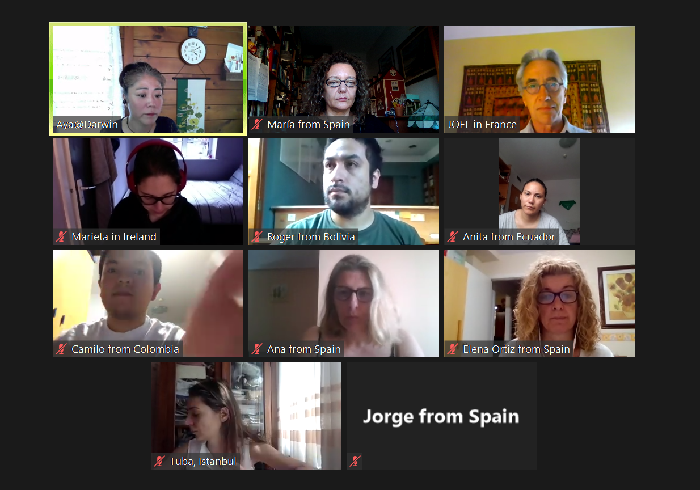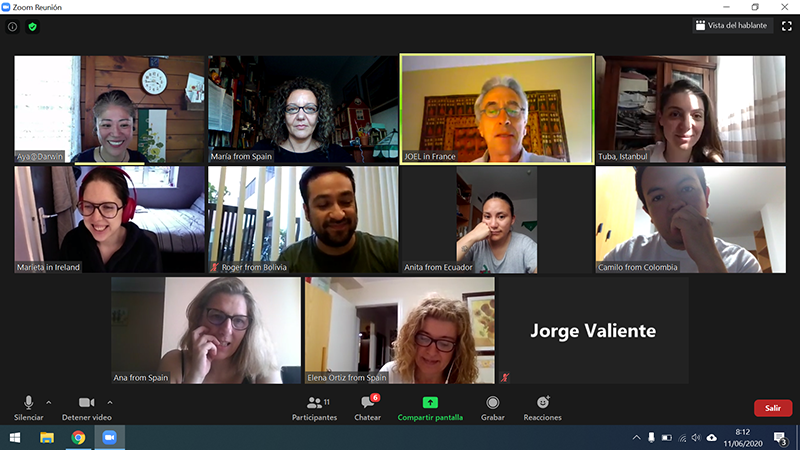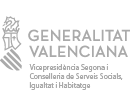
Pledging to leave no one behind, 193 countries committed on 25 September 2015 to adopt the 17 Sustainable Development Goals (SDGs) that are part of the UN agenda set to protect the planet, end poverty and ensure prosperity for global citizens by 2030.
Since achieving the 17 SDGs requires a joint effort, it is essential to involve everyone. To do this, the first thing to do is to know and understand the challenges we face, and what better way than playing?
The 2030 SDGs Game was born in Japan in 2016 as a board game and has become an impactful social phenomenon, to the point of having gained wide media coverage, reaching more than 100.000 participants. This awareness-raising tool came to us from Imacocollabo. The name of this organisation comes from a combination of words that means “experience, collaborate and act, here and now”. Originally, the Chair for Cooperation and Sustainable Development from Universitat de València was collaborating with this organisation to create, for the first time in Europe, a game tournament. However, the COVID-19 crisis changed the approach by making it impossible to be present in person, and an idea was born in a collaborative manner: to design an online version of the 2030 SDGs Game that could reach everywhere.
On 11 June, a team made up of eight members of Universitat de València participated in the first international test of this project: a pilot tournament of the 2030 SDGs Game online, carried out for evaluation. The members of the UV team were three professors: Ana Alcaraz Lamana (Faculty of Social Sciences), Elena Ortiz Ballester y María Alcantud Díaz both from the Faculty of Teacher Training; and five post-graduate students: María Botella Martínez (Valencian, PhD student in Local Development and International Cooperation), Jeison Camilo Sua Flores (Colombian, PhD student in Specific Didactics), Roger Yance Pelaez (Bolivian, Master in Human Rights, Peace and Sustainable Development), Ana María Gutierrez Fajardo (Ecuadorian, Master in Gender and Equality Policies) y Jorge Valiente (Valencian, Master in Secondary Education Teacher Training).
The game is a simulation of what the world will look like in 2030, depending on the projects that each player decides to support according to the resources at their disposal, their individual goals and their ability to collaborate with others. Each of these projects positively or negatively influence the sustainability axes: economy, environment and society, and thus the impact of the SDGs, and will shape the “future reality”. At the end of the game, time is set aside for reflection to determine the events that have led to our outcome.
Through this experience, we have confronted the serious conflicts of our time through strategies that reduce their real magnitude, making them accessible and stimulating our curiosity to learn more. We have been convinced that our participation is valuable and can make a difference. It has confirmed the need to promote the SDGs, and has inspired and motivated us to act in real life to build the world we want to see in 2030.












